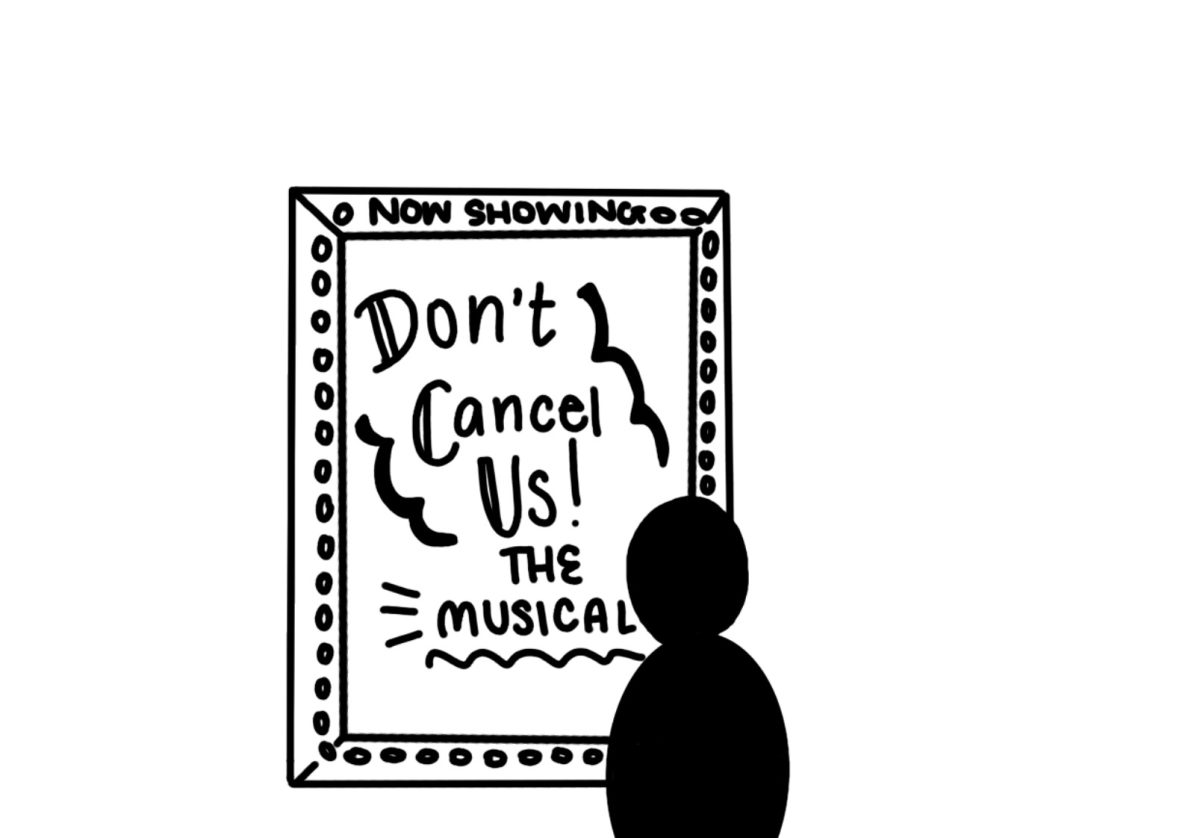What does it mean to be “educated” in today’s world? For decades, being “educated” has been measured on academic achievement: grades earned, Advanced Placement (AP) courses taken and degrees completed. But in today’s shifting landscape of American and world politics, “educated” has taken on a new meaning. With staggering voting patterns that show a striking correlation between levels of education and the direction in which citizens vote, it is important to fully understand what being “educated” in today’s world looks like and the effects of a solid education in all spheres of life.
While learning the times tables and state capitals are still foundational to one’s understanding of the world, those are only the building blocks to a more relevant education. What matters most and what should hold more value in society is one’s ability to understand what is going on in the world. We can only truly say we are adequately “educated” when we are media literate, have critical thinking skills and are knowledgeable of the ever-changing political climate. But it seems as though many schools may be missing this crucial piece in teaching younger generations.
When people are properly “educated”, they gain skills and knowledge that will ultimately allow them to become better members of society. For instance, people become better equipped to form their own opinions based on a variety of perspectives. With this insight, people form more well-rounded, well-versed opinions that allow them to have a more meaningful involvement in society.
Not only will these skills equip people to be more involved members of society, but they will also allow them to perform their jobs with a stronger outlook on the world. Being able to have a full understanding of different challenges and happenings in the world is vital to so many jobs; whether that be a journalist or a policymaker, many jobs have tasks that could be enhanced with stronger education on worldly matters.
Work experience itself is also important to the modern definition of “educated.” Many employers look for work experience because it allows individuals to develop professional skills as well as give you real-world situations that broaden your capabilities and show that you can perform, whereas a degree only proves hypotheticals. Similarly, a study done by Northeastern University asked several companies what they prefer to see in an employment application. Ranked at the top of the list of priorities was “previous work experience,” followed by 65 percent of employers that required post-secondary education. Clearly, having exposure to a variety of situations and challenges is an integral part of the modernized definition of “educated” as it is a top priority of employers in today’s world.
Real-world knowledge is clearly something that is valued in today’s world. However, in schools, it seems that’s not really the case. In the United States, only 22.7 percent of high school students have access to classes that improve financial literacy, meaning only one in four students will graduate knowing how to complete tasks such as taxes, budgeting, borrowing and more. Financial literacy is vital to one’s knowledge because it is a necessity as students grow up. Not knowing how to properly pay taxes, for example, could be detrimental to someone’s financial stability in the future. The inclusion of life skills in education will better equip students for adulthood, making these skills an essential part of being “educated”.
Additionally, the teaching of current events and politics is a huge component of being properly informed. At Redwood, English classes such as AP English Language and Composition regularly incorporate current events into their curriculum. Junior Ben Vaughn commented on the importance of this weekly routine.
“I enjoy having the assignment because it forces me to learn more about news and worldwide events that I otherwise wouldn’t know about,” Vaughn said.
Knowledge of current happenings and politics is especially important considering the growing outlets of misinformation and increasing opportunities to be led down paths toward deceit. Being able to identify and detect when information is accurate is a crucial skill in a world where fake news, propaganda and the utilization of social media are so prevalent. Fake news has been spreading like wildfire, and according to the New York Times, it has only gotten worse in the past year due to the election. One frightening example is the popping-up of fake news outlets created by Russian sources, which push false news and Kremlin propaganda. Meant to mimic real news organizations with names such as D.C. Weekly, The Miami Chronicle and New York News Daily, these news outlets make it easier for many to fall into the trap of misinformation. Without proper education on how to navigate sites like these, students won’t know the real happenings of the world and therefore cannot be well-equipped, active members of society.
With our constantly evolving society, people must be open to learning, un-learning and learning all over again. We must adapt, react and question what we see. The importance of experience, diverse perspectives, media literacy and financial literacy cannot be pushed enough. Only once we have these skills can we say we are truly “educated”.











